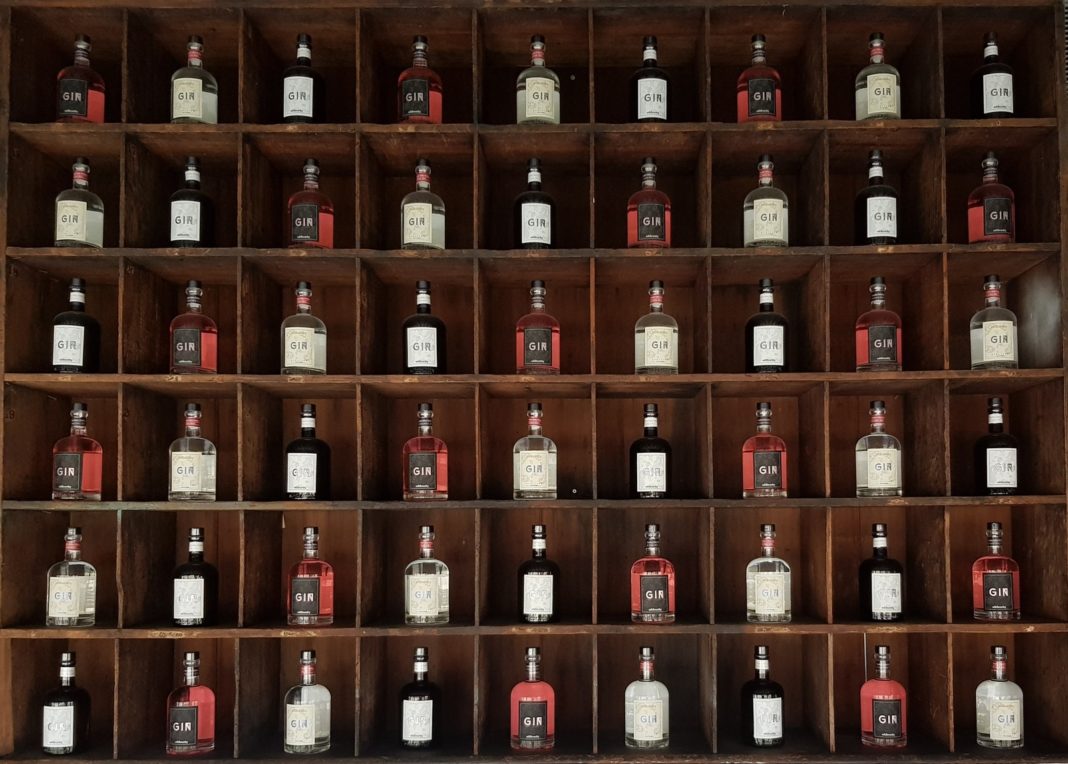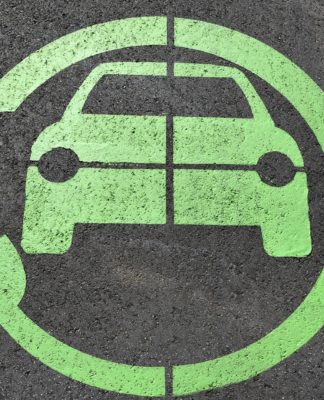The risks of drinking too much are well-known in America. Anyone who has attended high school in the last thirty years has had at least one class on the dangers of drinking, drinking and driving, and substance abuse in general. Maybe it was during D.A.R.E. (Drug Abuse Resistance Education with the goofy lion, which, for some reason, is still around – I think we all let Daren the Lion down at some point during, or after high school).
We had a fireman come in during 9th grade health class to tell us the story of a kid (“…A kid right around your age, no less!”) that he had to pull from burning from a wreck after a drinking and driving accident.
“I could smell his burning skin on my fingers for days after that,” the fireman told us, dressed in full gear.
Well.
But alcohol is actually bad for you, science tells us
Apparently, they were on to something (though we all knew Mrs. Peterson enjoyed a glass of wine after her long days dealing with us – we could see it half-full in her desk drawer). According to a new study, it’s not just drinking too much that is the problem. It’s drinking, period. And what you do afterward matters, even if it’s not behind the wheel of a car.
This is from the Global Burden of Diseases study, which was published in the Lancet medical journal last week (8/23/2018). The research looked at the alcohol consumption, and its subsequent health effects, in 195 countries between the years of 1990 and 2016 – which means the study itself has long been old enough to drink legally as well.
The study found that alcohol contributed to 2.8 million deaths in 2016, and was also the leading risk for premature mortality and disability in the 15-49 age group. These very young and much older drinkers are the cause of “dire ramifications for future population health in the absence of policy action today.”
This is, of course, contradictory to some commonly-held beliefs that a glass of wine a day is good for heart health, and a drink a day, especially for men, is also beneficial to longevity.
National guidelines in general say that a moderate consumption of alcohol is fine. But “…Our results show that the safest level of drinking is none,” as the authors of the study say, and also suggest that governments should recommend that people abstain completely from drinking.
What sort of impact, if any, this new knowledge will have on the booming booze industry in America – and especially a booming craft beer industry, as well know well here in the Twin Cities – remains to be seen.
Read next: Wisconsin sets new world record for the largest cheese board

















